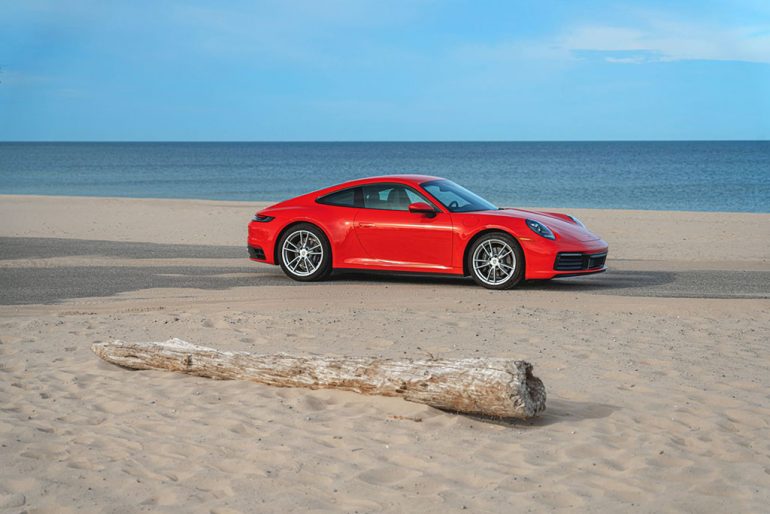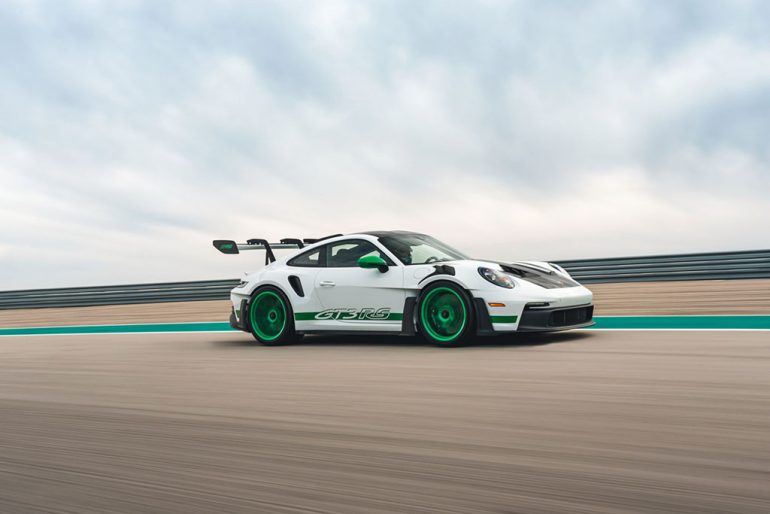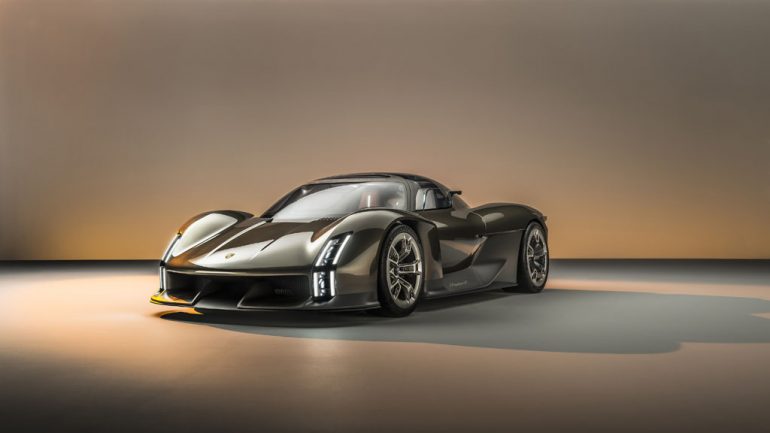
Porsche has charted an ambitious path towards electrifying its car lineup. According to a top executive, the company aims to have electric vehicles constitute 80% of its sales by the year 2030. As part of this strategy, Porsche plans to eventually retire all internal combustion engine models, with the exception of its iconic Porsche 911.
The automaker intends to begin its electrification journey with the compact SUV Macan, followed by the 718 sports car and the popular Cayenne model. However, Porsche is committed to producing the Porsche 911 with a combustion engine for as long as possible.
Also, don’t forget that you can get discounted new car pricing with a free quote through qualified local dealer partners.
One reason Porsche’s move towards electrification has garnered attention is its investment in e-fuels and its advocacy for the European Union to permit the sales of such vehicles after 2035. E-fuel is produced from captured carbon dioxide and renewable hydrogen, and proponents argue that it becomes carbon-neutral when burned, as it only releases the CO2 it initially captured.
Notably, Porsche’s e-fuels initiatives are separate from its EV plans. The company’s investment in Chilean energy company HIF Global has been closely associated with e-fuel development. HIF Global’s e-fuel is mainly aimed at the aviation industry and heavy vehicles, with passenger cars expected to transition to electric power in the future.

While some automotive and business experts predict that e-fuels might be limited to niche, high-end models, Porsche and Ferrari have pushed for EU e-fuel exemptions, although specifics remain to be finalized. Nevertheless, major automakers have already committed significant investments to electric mobility, making e-fuel adoption in new models less likely after 2035.
Among smaller car manufacturers, companies like Morgan Motor Co and Briggs Automotive Company (BAC) have expressed interest in continuing to produce e-fuel-powered combustion-engine models, catering to affluent customers willing to pay the premium cost of e-fuels.

Porsche Mission X Concept EV
Morgan Motor Co, known for its handcrafted four-wheel cars, plans to introduce an electric model in the coming years. However, the company’s CEO believes that many of their customers will still prefer e-fuel-powered models even after 2035.
Similarly, Liverpool-based Briggs Automotive Company (BAC), which specializes in customizable, single-seater race cars, has found that its customers show little interest in electric vehicles and remain inclined towards e-fuel-powered options.
Source: Reuters